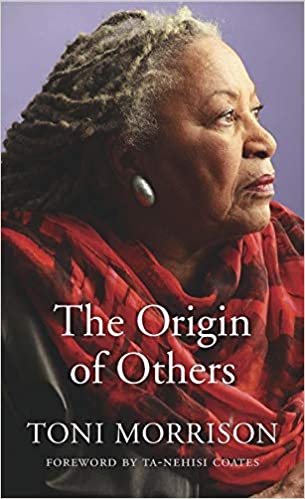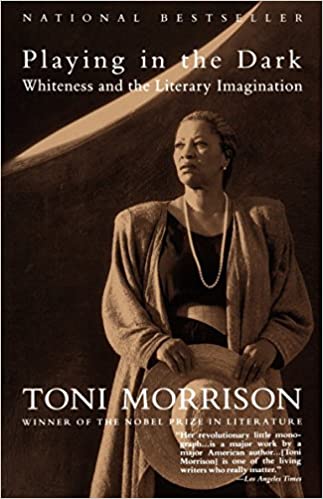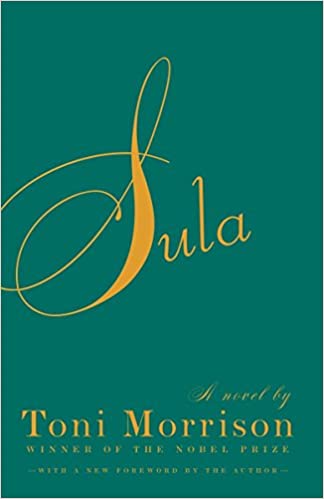
The Bluest Eye
In Morrison’s bestselling first novel, Pecola Breedlove—an 11-year-old Black girl in an America whose love for its blond, blue-eyed children can devastate all others—prays for her eyes to turn blue: so that she will be beautiful, so that people will look at her, so that her world will be different. This is the story of the nightmare at the heart of her yearning, and the tragedy of its fulfillment.

The Origin of Others
If we learn racism by example, then literature plays an important part in the history of race in America, both negatively and positively. Morrison writes about nineteenth-century literary efforts to romance slavery, contrasting them with the scientific racism of Samuel Cartwright and the banal diaries of the plantation overseer and slaveholder Thomas Thistlewood. She looks at configurations of blackness, notions of racial purity, and the ways in which literature employs skin color to reveal character or drive narrative. Expanding the scope of her concern, she also addresses globalization and the mass movement of peoples in this century. National Book Award winner Ta-Nehisi Coates provides a foreword to Morrison’s most personal work of nonfiction to date.

Playing in the Dark: Whiteness and the Literary Imagination
Morrison shows how much the themes of freedom and individualism, manhood and innocence, depended on the existence of a black population that was manifestly unfree–and that came to serve white authors as embodiments of their own fears and desires. According to the Chicago Tribune, Morrison “reimagines and remaps the possibility of America.” Her brilliant discussions of the “Africanist” presence in the fiction of Poe, Melville, Cather, and Hemingway leads to a dramatic reappraisal of the essential characteristics of our literary tradition.

Sula
Nel and Sula’s devotion is fierce enough to withstand bullies and the burden of a dreadful secret. It endures even after Nel has grown up to be a pillar of the black community and Sula has become a pariah. But their friendship ends in an unforgivable betrayal—or does it end? Terrifying, comic, ribald and tragic, Sula is a work that overflows with life.

